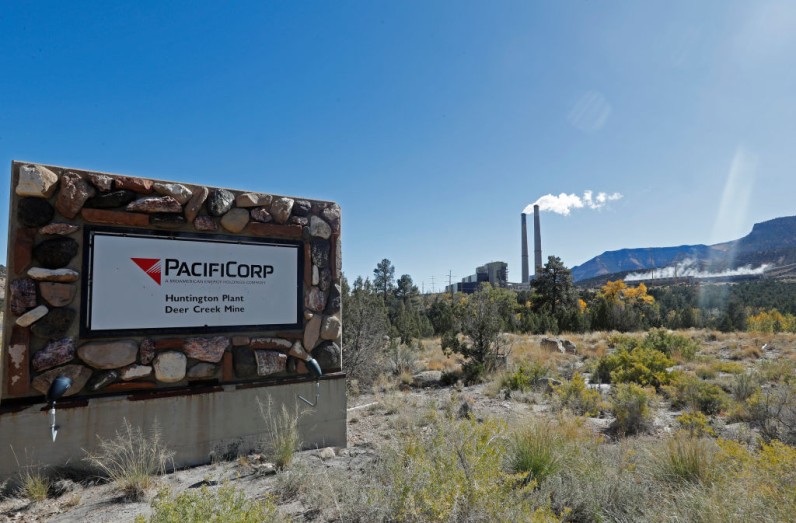
A number of Oregon wineries and vineyards have filed lawsuits against PacifiCorp regarding the devastating 2020 wildfires that swept through the state.
Oregon Vineyards Sues PacifiCorp
They claim that the utility's choice to keep the power on during the Labor Day windstorm played a role in the fires, which in turn caused damage to their grapes, resulting in a decrease in harvest and sales.
A group of forty vineyards and wineries in Oregon have recently filed a lawsuit worth $102 million against PacifiCorp and its Pacific Power electric utility.
The lawsuit claims that the wildfires in 2020, which resulted in smoke damage to grapes, were caused due to negligence on their part, The Independent reported.
The wine producers involved in the lawsuit are situated in the Willamette Valley, which is home to the majority of Oregon wineries and vineyards. It is also the oldest wine region in the state, as confirmed by the Oregon Wine Board.
According to the wine producers' complaint, the fires resulted in the deposition of harmful smoke particles onto the grapes, which then became infused with them.
READ NEXT : CBS, Paramount Respond to Discrimination Suit Filed by Writer Over Alleged Bias Against Straight, White Men
PacifiCorp Faces $220M Damages
Last June, a jury in Multnomah County determined that PacifiCorp was extremely negligent, willfully and recklessly contributing to the four Labor Day fires.
According BizJournal, the damages currently amount to $220 million, but with hundreds of potential class members, the total could potentially reach billions.
In December, the utility paid a hefty sum of $549 million to settle two additional sets of claims against it. According to the complaint, the wineries faced significant expenses due to smoke damage and experienced a decline in revenue and profits in the following years.
Despite the weather warnings indicating potential electrical system failures and fire hazards, PacifiCorp chose not to shut off its power, according to the lawsuit.
The utility allegedly made decisions with the aim of maximizing profits for its parent company, Berkshire Hathaway Energy, as claimed in the lawsuit.







Join the Conversation